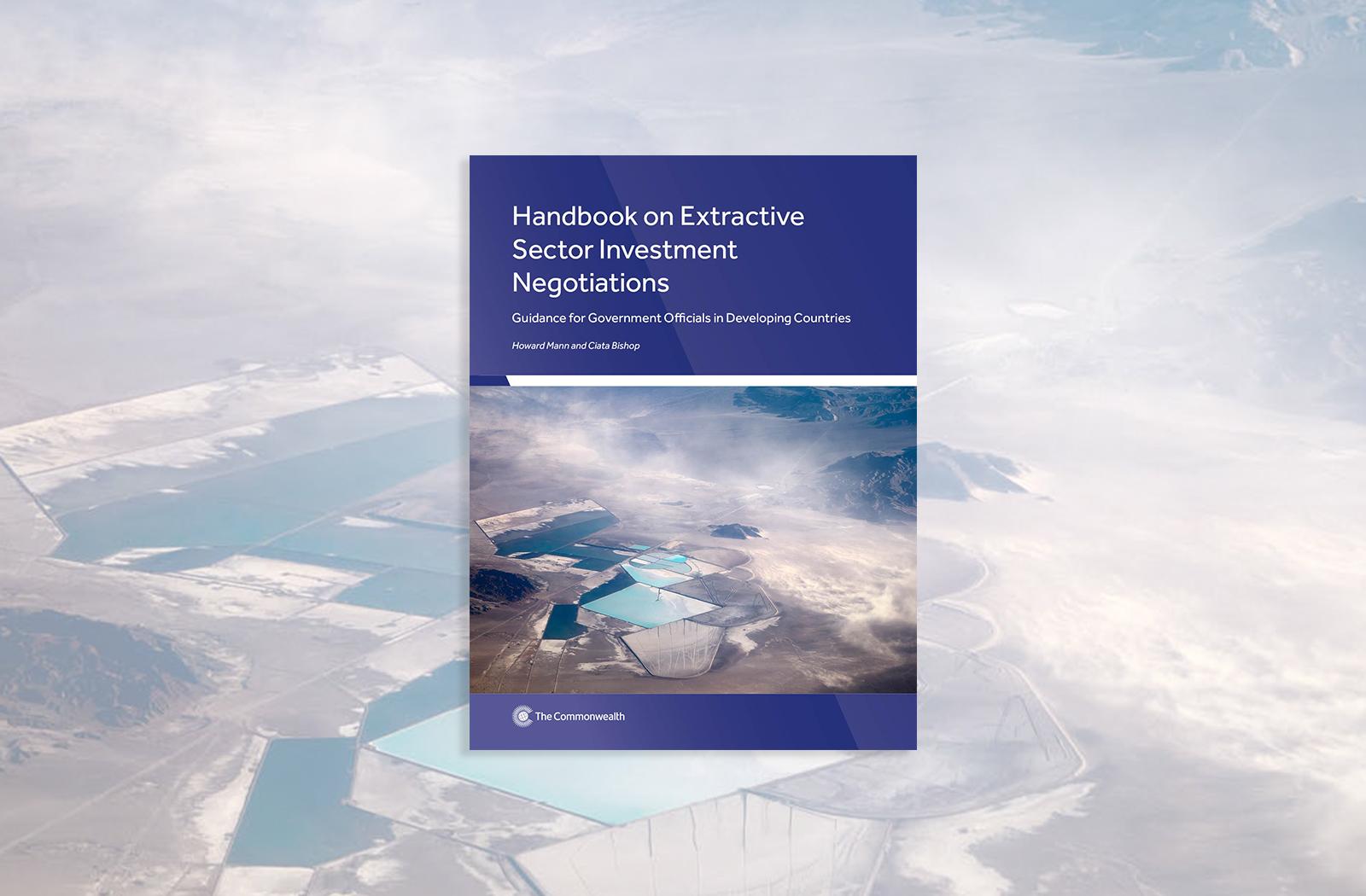This handbook attempts to bring a holistic approach to such negotiations, which includes a multidisciplinary approach through the involvement of all relevant stakeholders.

As developing countries strive to fully utilise and develop their natural resources, their capacity to not only attract viable projects, but also to negotiate long-term investment agreements that contribute to sustainable development in their countries and local communities, is crucial. The difficulties and complexities of doing so continue to mount. At the time of writing, for example, the global dynamics for trade, investments and fiscal incentives are in flux in two distinct processes, both of which impact developing countries.
First, is the adoption, in September 2023, of the Multilateral Convention to Facilitate the Implementation of the Pillar Two Subject to Tax Rule (OECD/G20, 2023), negotiated under the auspices of the Organisation for Economic Co-operation and Development/Group of Twenty (OECD/G20) Inclusive Framework on Base Erosion and Profit Shifting, to protect the right of developing countries to ensure multinational enterprises pay a minimum level of tax on a broad range of cross-border intra-group payments. Second, is that climate change negotiations continue to play out globally, with old and new energy projects very much on the line, especially with the increasing global interest in critical minerals needed for the transition to clean and sustainable energy.



